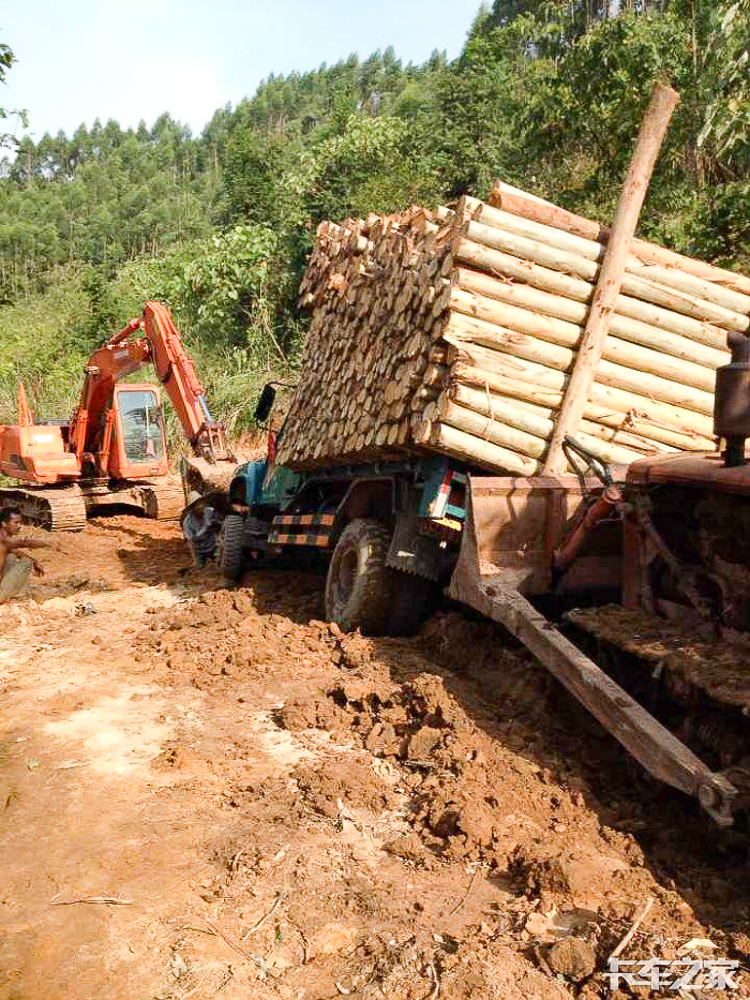- Préparation
- Take-off
Sustainably collecting
the renewable wood resource
Sustainably collecting
the renewable wood resource


Helping the forestry sector
to meet its challenges
Timber harvesting can be a complex activity, from the cutting phase to the delivery of logs to sawmills. Today, the global volume of industrial wood production reaches two billion m³ per year (FAO, 2020). Given the growing demand from the construction industry to decarbonize construction, global wood consumption is expected to continue its upward trend.
However, wood-producing countries may be confronted with logging difficulties due to the particularities of their forest territories (slope, altitude, soil type, distances). These obstacles generate high financial and environmental impacts for the creation and maintenance of the infrastructures necessary for log transport.


A well established market
around the world
A well established market
around the world
The forest is also a victim of looting and illegal logging. More broadly, the creation of forest tracks to collect wood paradoxically leads to passive deforestation, especially in tropical forests.
31%
of planet earth is covered by forests
4Md
hectares
are available
13,2M
jobs
in the wood industry
600Md$
contributed by the industry
to the global economy
Fore safer and
more sustainable
operations
Fore safer and
more sustainable
operations
The LCA60T solution opens the way to a more responsible model, which will facilitate the work of foresters in constrained areas, without damaging the local ecosystem with roads and tracks, avoiding degradation of existing but fragile infrastructure and at a lower cost.

